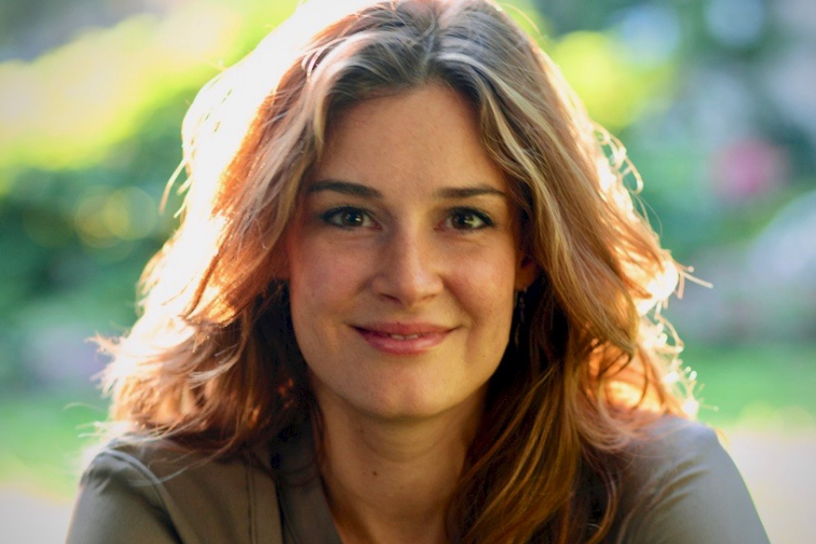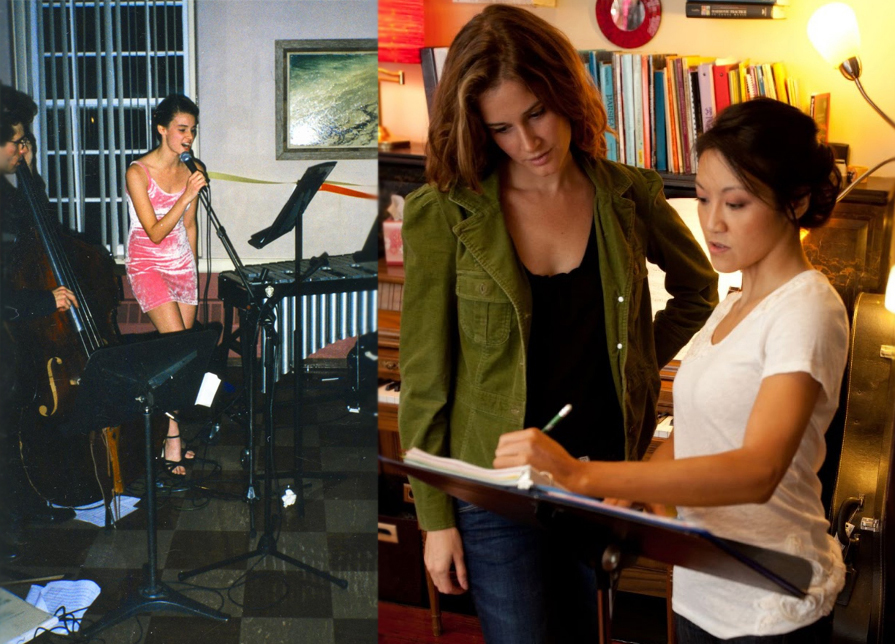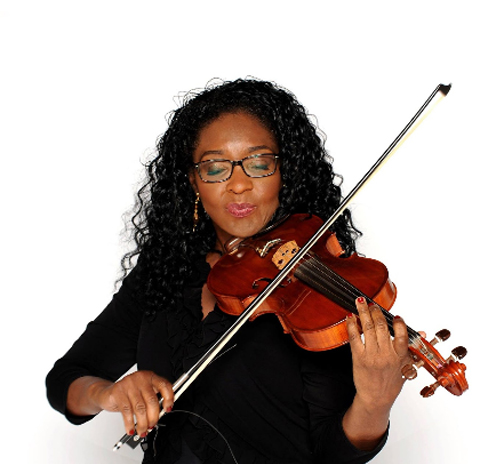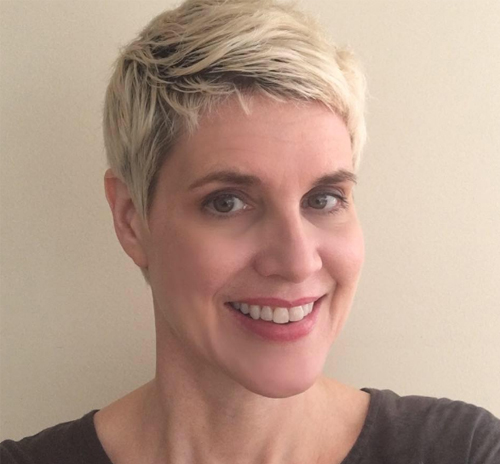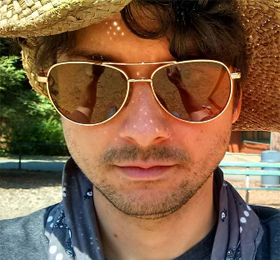FROM SWINGSET SINGER TO EXPERT VOCAL COACH
I got into singing as a kid. It was something that made me feel grounded in myself, and gave me a sense of control. When I sang it was like I had a superpower of expression and I could connect with others. My sisters and I spent countless hours singing together discovering harmonies and creating fun. Of all the things I miss most in my childhood, those hours singing on the swingset were my favorite.
I sang in church, in school, in small groups, choirs, even musicals. Although we couldn’t afford voice lessons and lived in an isolated place, I knew I had to keep singing. At the end of high school I raised money to join a European concert tour with other high school singers, and somehow got the scholarships and loans I needed to go to college. I’d thought I was a good singer, but I’ll never forget the rejection I felt standing in the Music department realizing my name was missing from the list of students who’d made the cut for the Colbyettes audition.
My plan to sing in Colby’s most esteemed female a capella group was not happening. I realized I needed to learn how to sing better, because I didn’t feel confident or secure in my voice anymore.
AOV EDITION... BEFORE THEY WERE STARS
I was in luck, there was a scholarship offering free voice lessons to music majors. Only issue was, I was studying biology. But I wanted those lessons. So, with a lot of hard work squeezing lessons and labs into my schedule, I was able to do the vocal training I’d always dreamed of.
Working with opera singers wasn’t easy, but the training profoundly boosted my vocal skills and abilities. After a few years of work, I was shocked at hearing my own voice doing amazing things, and the best part was how easy it felt once my voice was in shape. It was worth it, but I definitely paid the price for my transformation.
Understanding what I was supposed to do was excruciatingly tedious and difficult. Each teacher had different ways of explaining things, and very few of them really understood vocal anatomy or could explain to me what was happening inside my body to change the sounds. I just got vague notions of ‘closed’ and ‘open’ and told to make vowels ‘brighter’ or notes more ‘speaky’. I learned by asking way too many questions, copying my teachers, and emulating other singers. Much of my progress was from trial and error, and took many hours in the practice room each week for years.
Fast forward to graduate school at Penn, where I started teaching voice. Suddenly, confronted with the task of helping others develop their voices, I thought through my own training and realized how confusing that path had been. So few of the exercises had actually helped me and so much of my training made no scientific sense. I went back and studied vocal anatomy, I read vocal pedagogy literature and poured through scientific studies. I streamlined the old materials, experimented with new materials, and collected data on what was actually working for my students in their lessons. That's how the vocal profile was born -- as a measurement of my students’ voices -- so we could measure their progress with hard numbers.
With knowledge of vocal anatomy, and with the ability to measure the vocal profile, it turns out training doesn’t have to be complicated or mysterious. The voice is a system, like a car. There are a limited number of basic things about how the voice works that you can hack to easily and systematically develop any voice. Any part of the working system can be improved, and there are only so many of these parts. If you can improve one of them you’ll hear a difference. Improve them all and your voice will shine. And yes, I did say any voice can be developed, because just about everyone can benefit from vocal training if it’s done correctly. Which brings me to the next point:
THE #1 MOST INSIDIOUS MYTH THAT KEEPS COUNTLESS VOICES SILENT
I can’t tell you how many hundreds of times I‘ve answered questions from people finding out that I’m a vocal coach having to do with this one horrible myth:
“You’re born with a good voice or a bad voice, and you can’t really do much to change it.”
The idea that we are born with our voices has some truth - there is a physics to the larynx, or voice box, that determines our voices will have a specific kind of sound. Our voice also resonates through our faces and our sinuses, so each person’s voice does sound different from the next person’s voice. And there are some sounds that we prefer over others.
However, for the most part, voices are developed over time by using them... similar to bodies. There are many different body types, some of which are celebrated by some people more than others. However, almost anyone can get fit, feel great, be strong and look their best with training. Same thing goes for the voice - anyone can make their voice better with training, no matter where you start out. Just like some people respond faster to exercise, some people respond more quickly to vocal training. But anyone can get vocally fit with training, and there’s definitely PLENTY you can do to make your voice strong, healthy, and beautiful.
So why is this myth so deadly to vocal potential? The myth tells you there’s not much you can do about your voice, so it’s an excuse to do nothing. To sit and let your voice languish undeveloped and weather the effects of time while you do nothing. This is like vocal kryptonite. No wonder people who ascribe to this philosophy can’t sing! It takes effort, real work practicing, actually SINGING to develop your voice and protect it from the ravages of improper use, vocal neglect, and aging. Just like going to the gym improves your body, vocal training gets you on the path toward having a strong, healthy and beautiful voice now and for years (and decades) to come.
WHY CONVENTIONAL SINGING LESSONS ARE LIMITED
There are a lot of teachers out there who give you bad or incomplete advice like: “Breathe from your belly,” “Use affirmations to feel confident,” or “Use more air for high notes.”
These teachings might get you part of the way there, like a crutch, boosting your sound a little, getting you to do something that gets you closer to proper technique. But these partial fixes are not going to take you all the way to finding your best voice. There’s just so much more you can do on all of these fronts to improve your breathing, your pitch, your range, your stamina, your intensity, your resonance, and your ability to move your audience emotionally when you sing. Likewise there’s more to dealing with stagefright, and so much more to vocal training than “fixing bad habits.”
These voice teachers aren’t trying to dupe you. They just don’t know the scientific reasons why some of their material works, and why a lot of it doesn’t. If they studied vocal pedagogy in school, they probably know lots of great techniques but weren’t taught the science behind how it works. They can’t teach you what they don’t know. If they had a career as a singer, they may never have done any vocal study at all and just have a knack with getting people to sing better.
